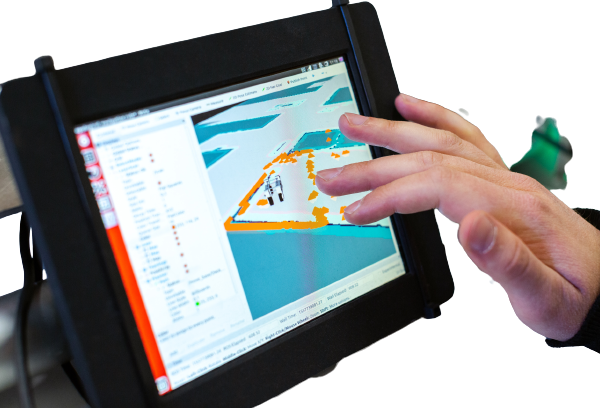01
Centralized Database
ERP systems typically have a centralized database where all relevant data and information are stored. This central repository ensures data consistency, eliminates duplication, and provides a single source of truth for the organization. It enables real-time access to accurate and up-to-date information across departments.
02
Automation and Workflow Management
ERP automates repetitive and manual tasks by defining workflows and automating business processes. This includes automating processes such as purchase orders, sales orders, invoicing, payroll, inventory management, and production planning. Automation reduces human errors, improves efficiency, and frees up resources for more strategic tasks.
